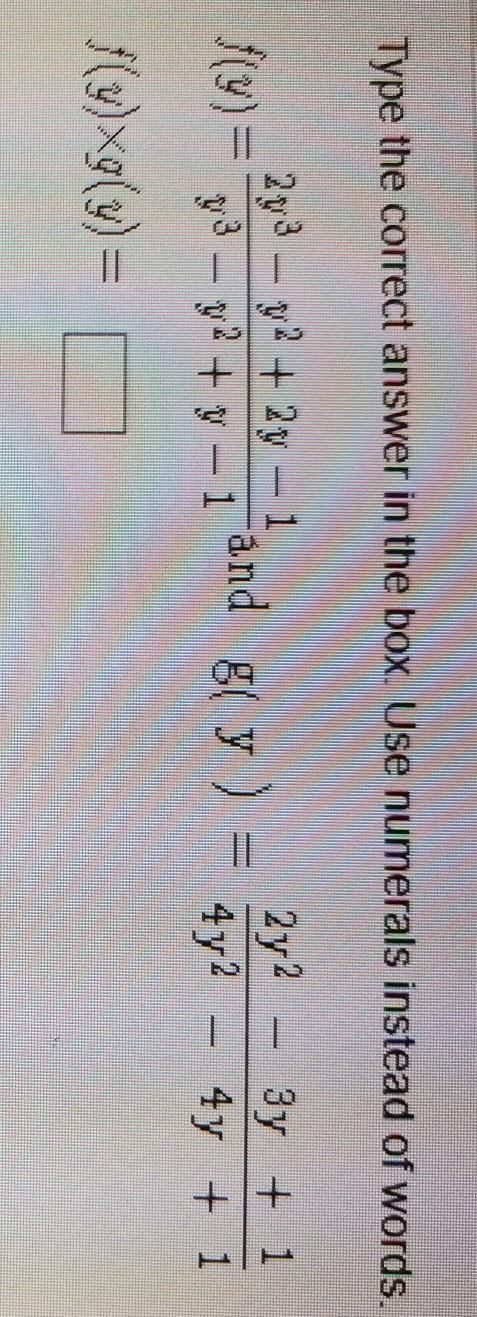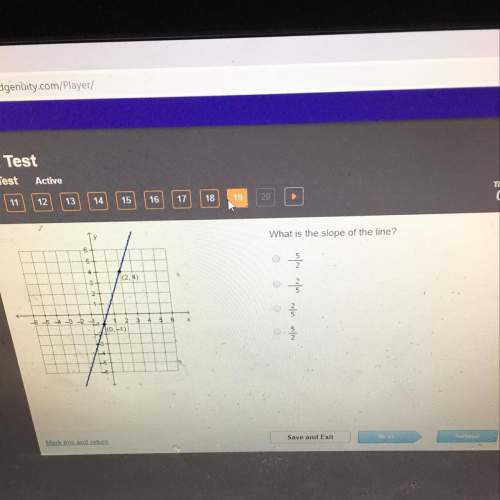
Mathematics, 17.03.2020 20:16, s9090484
Consider a standard 52-card deck from which one card is randomly selected and not replaced. Then, a second card is randomly selected. Define the two events as given. Complete parts a) and b) below. A = The fist card is a spade B = The second card is a club Are these two events mutually exclusive? Why or why not?
A. The event, are mutually exclusive. The event of selecting spade as the first card can occur at the same time as selecting a club as the second card during the experiment
B. The events are not mutually exclusive. The event of selecting a spade as the first card cannot occur at the same time as selecting a club as the second card during the experiment.
C. The events are mutually exclusive. The event of selecting a spade as the first card cannot occur at the same time as selecting a club as the second card during the experiment.
D. The events are not mutually exclusive. The event of selecting a spade as the first card can occur at the same time as selecting a club as the second card during the experiment.

Answers: 1
Other questions on the subject: Mathematics

Mathematics, 21.06.2019 18:00, phillipsk5480
Express in the simplest form: (x^2+9x+14/x^2-49) / (3x+6/x^2+x-56)
Answers: 3

Mathematics, 21.06.2019 18:30, Lakenwilliams1250
Select 2 statements that are true about the equation y+6=-10(x-3).1) the slope of the line is -102) the slope of the line is 33) one point on the line is (3,6)4) one point on the line is (3,-6)
Answers: 1


Mathematics, 21.06.2019 20:20, rileychas4114
Drag each tile to the correct box. not all tiles will be used. consider the recursively defined function below. create the first five terms of the sequence defined by the given function
Answers: 1
Do you know the correct answer?
Consider a standard 52-card deck from which one card is randomly selected and not replaced. Then, a...
Questions in other subjects:


Chemistry, 06.05.2021 01:00

Spanish, 06.05.2021 01:00

Mathematics, 06.05.2021 01:00

Mathematics, 06.05.2021 01:00

Mathematics, 06.05.2021 01:00

Spanish, 06.05.2021 01:00



Mathematics, 06.05.2021 01:00








